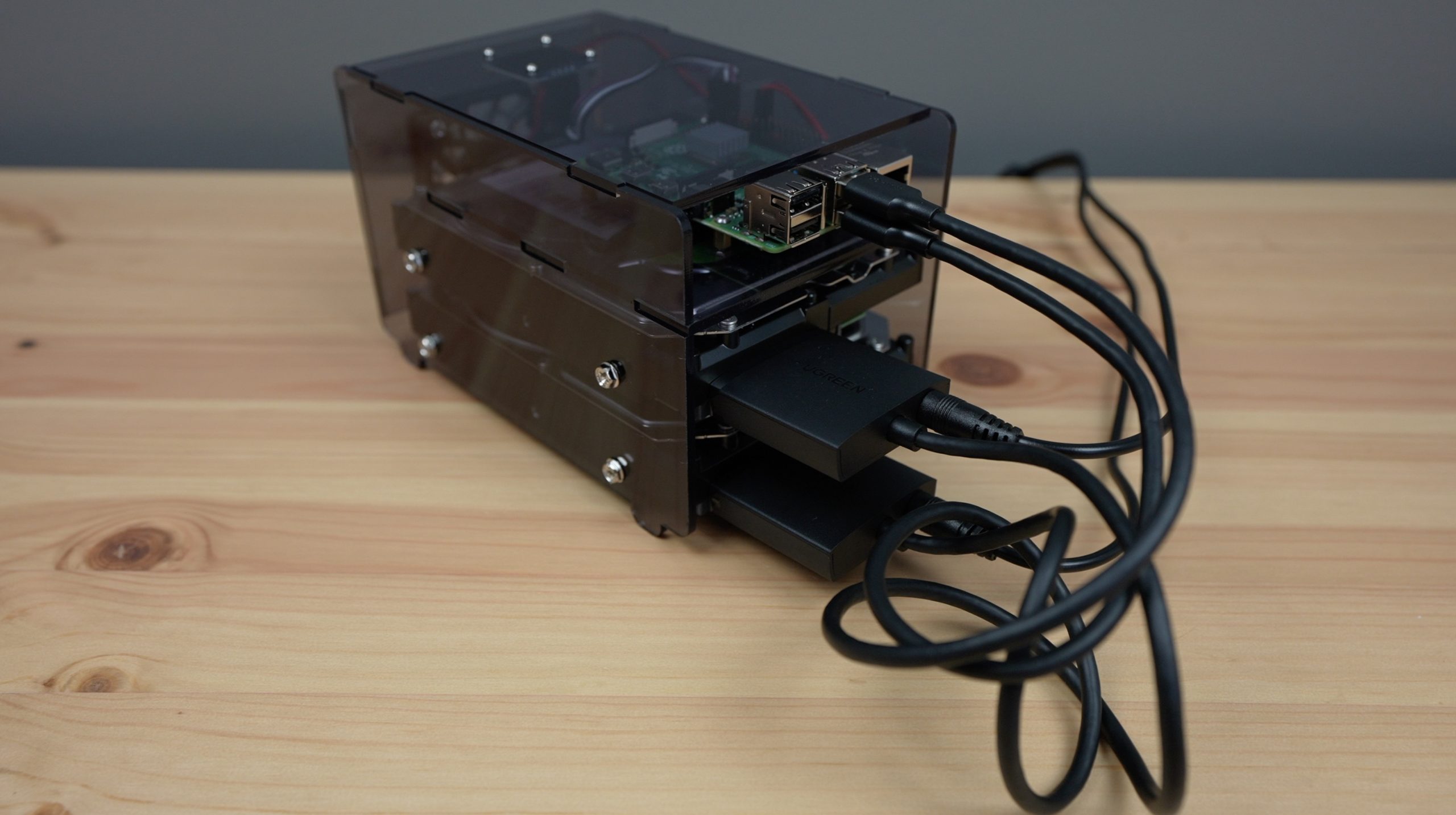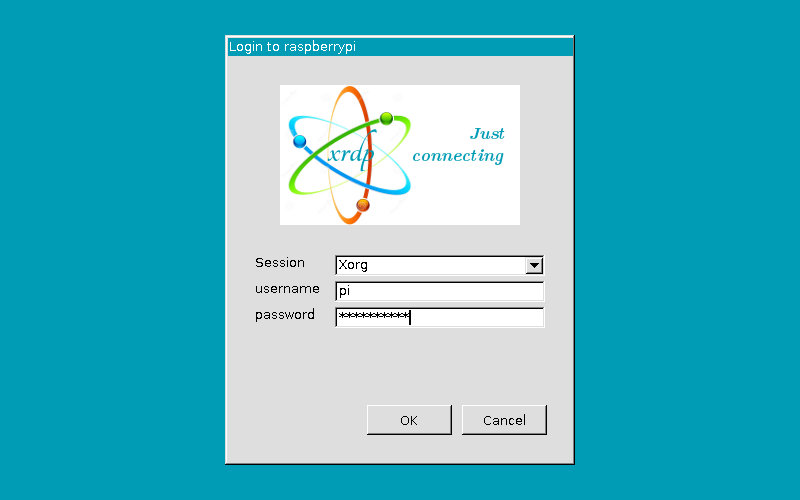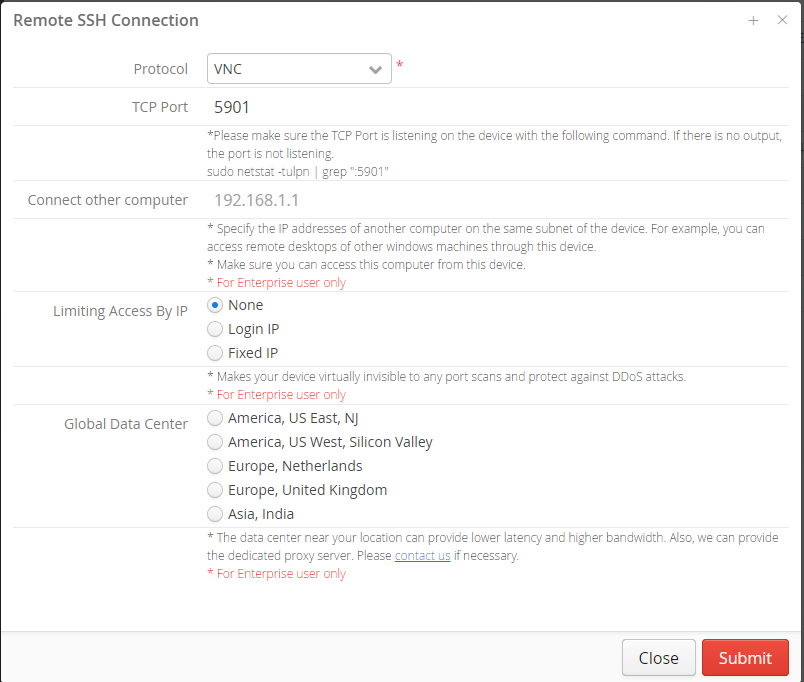Best Raspberry Pi Remote IoT Software: Your Ultimate Guide
When it comes to managing remote IoT projects, finding the best Raspberry Pi remote IoT software can significantly enhance your efficiency and productivity. In an era where smart devices dominate, Raspberry Pi has become a popular choice for developers and hobbyists alike. With its versatility and affordability, this tiny yet powerful device can be paired with various remote IoT software solutions to create sophisticated systems. However, selecting the right software can be overwhelming due to the multitude of options available.
This article delves deep into the world of Raspberry Pi remote IoT software, offering expert insights into the best tools and platforms available today. We will explore their features, benefits, and limitations, ensuring you make an informed decision. Whether you're a seasoned developer or a beginner, this guide will provide you with actionable information to choose the ideal software for your needs.
Before we dive into the specifics, let's understand why selecting the best Raspberry Pi remote IoT software is crucial. As the Internet of Things (IoT) continues to evolve, the demand for reliable and efficient remote management solutions grows exponentially. From monitoring environmental conditions to automating home systems, the right software can streamline operations and reduce costs. Read on to discover the top options and how they can transform your IoT projects.
Read also:Are Natalia Dyer And Charlie Heaton Married Everything You Need To Know
Table of Contents
- Overview of Raspberry Pi Remote IoT Software
- Key Criteria for Selecting the Best Raspberry Pi Remote IoT Software
- Top 10 Best Raspberry Pi Remote IoT Software
- Key Features to Look For in Raspberry Pi Remote IoT Software
- Comparison of Top Remote IoT Software
- Security Considerations for Remote IoT Software
- Cost Analysis of Raspberry Pi Remote IoT Software
- Tips for Implementing Remote IoT Software
- Future Trends in Raspberry Pi Remote IoT Software
- Conclusion
Overview of Raspberry Pi Remote IoT Software
Remote IoT software plays a pivotal role in enabling seamless communication and control of IoT devices. With Raspberry Pi as the central hub, these software solutions allow users to manage and monitor devices from anywhere in the world. The best Raspberry Pi remote IoT software offers features like real-time data visualization, automation, and device management, making it indispensable for both personal and commercial projects.
According to a report by Statista, the global IoT market is projected to reach $1.1 trillion by 2026. This growth highlights the increasing demand for robust remote IoT software solutions. Developers and hobbyists are constantly seeking tools that offer scalability, security, and ease of use. In this section, we will explore the fundamentals of remote IoT software and its importance in modern IoT projects.
Key Criteria for Selecting the Best Raspberry Pi Remote IoT Software
Selecting the right software for your Raspberry Pi IoT project requires careful consideration of several factors. Below are the key criteria to evaluate:
- Compatibility: Ensure the software is compatible with your Raspberry Pi model and operating system.
- Scalability: Choose software that can grow with your project, accommodating additional devices and features.
- Security: Prioritize solutions that offer robust security features to protect your IoT devices from cyber threats.
- Community Support: Opt for software with an active community and extensive documentation for troubleshooting and learning.
- Cost: Consider both upfront and recurring costs associated with the software, including licensing fees and subscriptions.
Top 10 Best Raspberry Pi Remote IoT Software
1. PlatformIO
PlatformIO is a versatile integrated development environment (IDE) designed for IoT projects. It supports multiple platforms, including Raspberry Pi, and offers seamless integration with various hardware and software tools. With its cross-platform capabilities, PlatformIO is ideal for developers working on diverse IoT projects. Its extensive library and plugin support make it a top choice for managing remote IoT devices.
2. Home Assistant
Home Assistant is a popular open-source home automation platform that works seamlessly with Raspberry Pi. It allows users to control and monitor smart devices remotely, offering a user-friendly interface and extensive customization options. Home Assistant supports a wide range of integrations, making it suitable for both beginners and advanced users.
3. Node-RED
Node-RED is a flow-based programming tool that simplifies the development of IoT applications. It allows users to create complex workflows using a drag-and-drop interface, making it an excellent choice for managing remote IoT devices. With its strong community support and extensive node library, Node-RED is a powerful solution for Raspberry Pi projects.
Read also:Unveiling The Best Champagne A Journey Through Bubbles And Elegance
4. MQTT
MQTT (Message Queuing Telemetry Transport) is a lightweight messaging protocol designed for IoT communication. It enables devices to exchange data efficiently, even in low-bandwidth environments. When paired with Raspberry Pi, MQTT provides a reliable and scalable solution for remote IoT management. Its simplicity and flexibility make it a preferred choice for many developers.
5. Adafruit IO
Adafruit IO is a cloud-based platform designed for IoT projects. It offers real-time data visualization, dashboards, and automation features, making it ideal for managing remote IoT devices. With its intuitive interface and seamless integration with Raspberry Pi, Adafruit IO is a great option for hobbyists and professionals alike.
6. OpenHAB
OpenHAB is an open-source home automation platform that supports a wide range of devices and protocols. It offers a modular architecture, allowing users to customize their IoT setups according to their needs. OpenHAB's compatibility with Raspberry Pi makes it a powerful tool for managing remote IoT devices, with features like voice control and automation.
Key Features to Look For in Raspberry Pi Remote IoT Software
When evaluating Raspberry Pi remote IoT software, consider the following key features:
- Real-Time Monitoring: The ability to monitor device status and performance in real-time is crucial for effective remote management.
- Automation: Software with automation capabilities can streamline operations and reduce manual intervention.
- Device Management: Look for solutions that offer centralized control over multiple devices, simplifying management tasks.
- Data Visualization: Clear and concise data visualization tools help users interpret and act on collected data efficiently.
- Security Features: Robust security measures, such as encryption and authentication, are essential for protecting IoT devices from unauthorized access.
Comparison of Top Remote IoT Software
To help you make an informed decision, here's a comparison of the top Raspberry Pi remote IoT software:
| Software | Compatibility | Scalability | Security | Community Support | Cost |
|---|---|---|---|---|---|
| PlatformIO | High | Excellent | Good | Strong | Free |
| Home Assistant | High | Good | Very Good | Strong | Free |
| Node-RED | High | Excellent | Good | Strong | Free |
| MQTT | High | Excellent | Very Good | Moderate | Free |
| Adafruit IO | High | Good | Very Good | Strong | Paid |
| OpenHAB | High | Excellent | Very Good | Strong | Free |
Security Considerations for Remote IoT Software
Security is a critical concern when managing remote IoT devices. As cyber threats continue to evolve, it's essential to choose software that prioritizes security. Below are some best practices for securing your Raspberry Pi remote IoT setup:
- Use Strong Passwords: Implement strong authentication mechanisms to prevent unauthorized access.
- Enable Encryption: Ensure all data transmissions are encrypted to protect sensitive information.
- Regular Updates: Keep your software and firmware up to date to address any security vulnerabilities.
- Firewall Protection: Use firewalls to restrict access to your IoT devices and networks.
- Monitor Activity: Regularly monitor device activity for any suspicious behavior and take immediate action if necessary.
Cost Analysis of Raspberry Pi Remote IoT Software
While many Raspberry Pi remote IoT software solutions are available for free, some premium options offer additional features and support. When evaluating costs, consider the following:
- Licensing Fees: Some software requires a one-time or recurring licensing fee for advanced features.
- Subscription Costs: Cloud-based platforms may charge monthly or yearly subscription fees for storage and services.
- Hidden Costs: Be aware of any hidden costs, such as additional fees for support or upgrades.
- Free Alternatives: Explore free and open-source options that offer similar functionality to premium software.
Tips for Implementing Remote IoT Software
Successfully implementing Raspberry Pi remote IoT software requires careful planning and execution. Below are some tips to ensure a smooth implementation process:
- Define Objectives: Clearly outline your project goals and requirements before selecting software.
- Test Thoroughly: Conduct thorough testing to identify and resolve any issues before deploying the software.
- Document Everything: Maintain detailed documentation of your setup and configurations for future reference.
- Seek Community Support: Leverage online forums and communities to troubleshoot problems and learn from others.
Future Trends in Raspberry Pi Remote IoT Software
The future of Raspberry Pi remote IoT software is promising, with advancements in technology driving innovation. Some key trends to watch include:
- AI Integration: Artificial intelligence will play a significant role in enhancing automation and decision-making capabilities.
- Edge Computing: As more devices move to the edge, remote IoT software will focus on optimizing edge computing capabilities.
- 5G Connectivity: The rollout of 5G networks will enable faster and more reliable communication between IoT devices.
- Sustainability: Software solutions will increasingly prioritize energy efficiency and sustainability in IoT projects.
Conclusion
Selecting the best Raspberry Pi remote IoT software is crucial for the success of your IoT projects. This guide has explored the top options available, highlighting their features, benefits, and limitations. By considering factors such as compatibility, scalability, security, and cost, you can make an informed decision that aligns with your project requirements.
We encourage you to share your thoughts and experiences in the comments section below. Your feedback helps us improve and provide more valuable content. Additionally, feel free to explore other articles on our site for more insights into IoT and related technologies. Together, let
Article Recommendations


